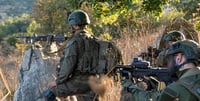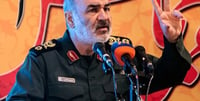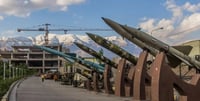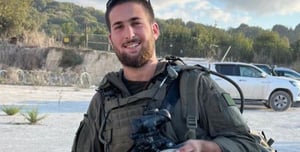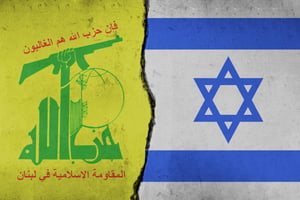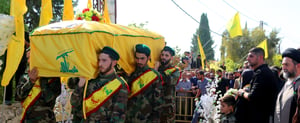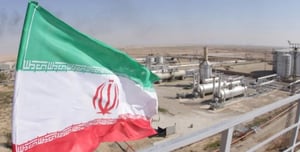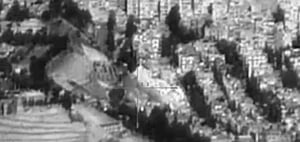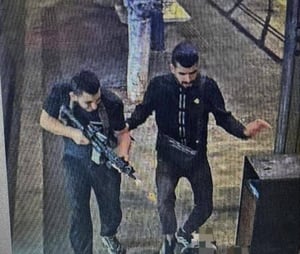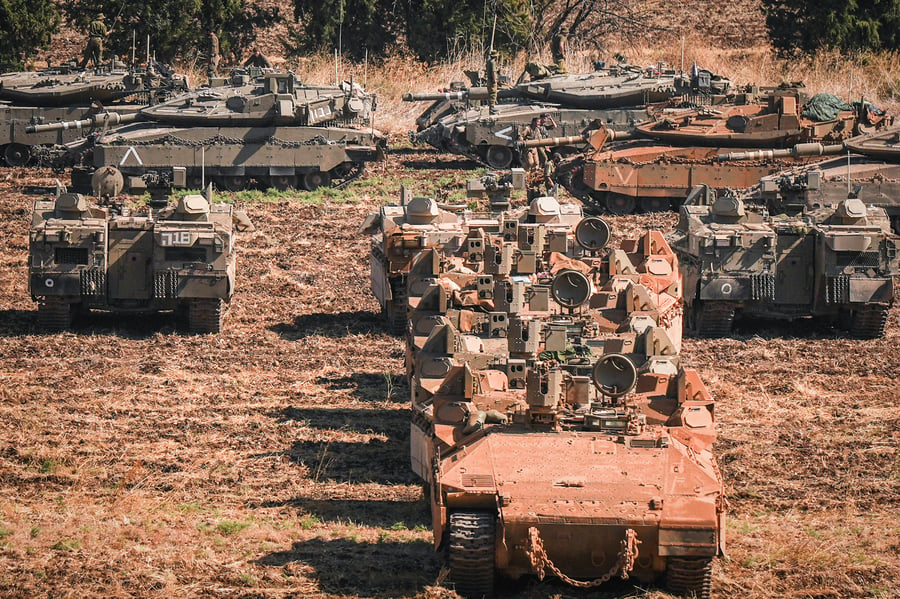
In a seismic shift in Middle Eastern geopolitics, Hezbollah leader Hassan Nasrallah and a significant portion of the organization's top brass have been eliminated following a series of precise Israeli strikes. This development has dramatically reshaped the regional military landscape, exposing critical misjudgments by the Lebanese militant group and its Iranian backers.
Weeks after Hamas' October 7 attack, Nasrallah boasted of Israel "shaking and trembling," calling the conflict "historic and decisive." His death, along with many senior leaders, showcases a stunning penetration by Israeli intelligence. Hezbollah grossly underestimated Israel's capabilities and overestimated Iran's regional influence. Despite possessing a vast arsenal, including precision-guided ballistic missiles, Hezbollah has inflicted no significant damage on Israel since September 19.
The human cost of this miscalculation has been severe. Over 1,000 Lebanese casualties have been reported since September 16, according to the Lebanese health ministry. In stark contrast, no Israeli deaths from Hezbollah strikes have been recorded since September 19. This disparity has called into question Iran's "unity of fronts" concept, with former Lebanese PM Fouad Siniora quipping: "Iran is ready to fight until the last Lebanese."
However, experts warn against Israeli overconfidence, especially regarding a potential ground invasion of Lebanon. The 1982 Lebanon invasion, which aimed to reshape Lebanese politics, resulted in Hezbollah's creation and a protracted occupation. Despite leadership losses, Hezbollah retains thousands of battle-hardened fighters and a substantial arsenal, posing a significant threat if Israel engages in ground combat in southern Lebanon.
Iran now faces a strategic dilemma. Hezbollah's weakening challenges Iran's deterrence strategy against potential attacks on its nuclear program. Tehran must decide whether to directly support Hezbollah, risking its recent diplomatic efforts in the West. This decision is further complicated by Iran's new president, Masoud Pezeshkian, who is attempting a charm offensive in the West.
Israel's recent operations have helped restore the reputation of its intelligence services after the October 7 Hamas attack. The infiltration of Hezbollah's supply chain, including rigging walkie-talkies and pagers with explosives, demonstrates Israel's deep penetration into the organization. This success has raised questions about the extent of Israel's infiltration into Iran's own security establishment.
Domestically, Hezbollah's standing in Lebanon has been shaken. The group has lost its aura of invincibility and risks losing support from its Shiite base as southern Lebanon faces destruction and displacement. Political analyst Michael Young notes a sense of "schadenfreude" in many Lebanese communities regarding Hezbollah's setbacks.
As the situation continues to evolve, the balance of power in the region remains precarious. Since Thursday, Israel has called up five reserve brigades in what may be prepartion for a ground offensive in Lebanon, but what is surely extra protection as they await Hezbollah's (and possibly Iran's and even the Houthis') retaliation.
The Wall Street Journal contributed to this article.

